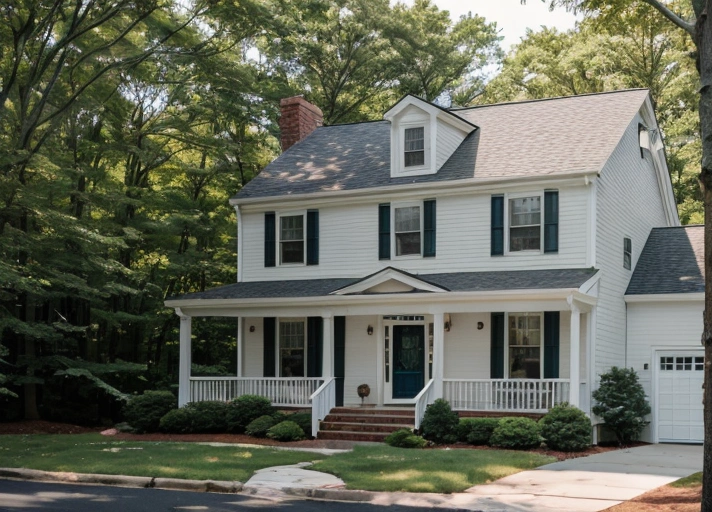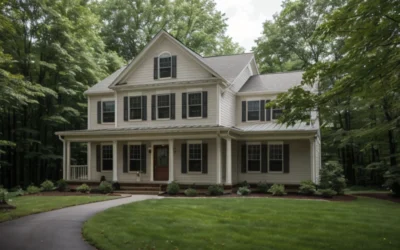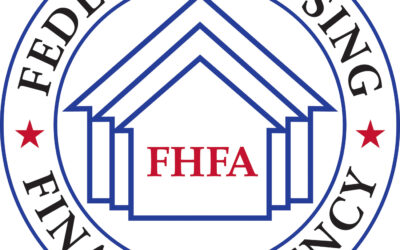Federal Housing Enhancement Funds Available for Homeowners
For homeowners facing necessary repairs to eliminate health or safety hazards, exploring home improvement grants can be a viable financial avenue. These grants, also known as home repair grants, are a form of financial aid that recipients do not need to repay. Issued by federal, state, and local governments, as well as various organizations, these grants come with strict criteria, making not everyone eligible.
Home improvement grants are specifically earmarked for addressing health and safety concerns or enhancing handicap accessibility, and they cannot be used for cosmetic enhancements. Due to their reliance on tax revenues, these grants are subject to stringent rules and auditing processes. Applying for grants early is crucial, as many are competitive.
Several types of home improvement grants are available, each catering to specific needs:
Home Investment Partnerships Program (HOME): Administered by HUD, this program provides grants to state and local governments, which, in turn, distribute the funds to individuals for affordable housing solutions for low-income households. Section 504 Home Repair Program: Offering loans and grants to low-income and elderly homeowners, this program assists in covering the costs of repairing or modernizing single-family homes.
Native American Housing Improvement Program: This initiative provides up to $60,000 for repairs or renovations, focusing on improving properties and bringing them up to code for federally recognized American Indian tribe members or Alaska natives.
Area Agency On Aging: State-administered programs aid senior citizens in making their properties more livable, with eligibility criteria and fund availability varying by state and county.
For veterans, there are specific grants such as:
VA Specially Adapted Housing (SAH) Grant: Aimed at veterans with service-connected disabilities, this grant supports building, remodeling, or purchasing an adapted home.
VA Special Home Adaptation (SHA) Grant: Available to veterans with qualifying service-related disabilities, this grant helps in buying, building, or modifying permanent homes.
VA Temporary Residence Adaptation (TRA) Grant: Targeting veterans temporarily residing in a family member’s home, this grant requires eligibility for SAH or SHA grants.
To apply for these grants, individuals can contact their local HUD office or visit its website. Organizations like the National Residential Improvement Association (NRIA) can assist in finding suitable grants through a questionnaire-based assessment.
For those ineligible for grants, alternative financial assistance options include:
Low-cost loans: Offered by organizations like USDA and HUD, these loans are repayable over time.
Tax credits: Tax deductions on home improvement costs can be used as credits against taxes when selling a home or making repairs to a home office.
Cash-out refinance: This option allows homeowners to convert home equity into cash for various purposes, including home improvements.
Weatherization Assistance Programs: Administered by the U.S. Department of Energy, these grants focus on improving energy efficiency in low-income households, with eligibility based on income guidelines.


